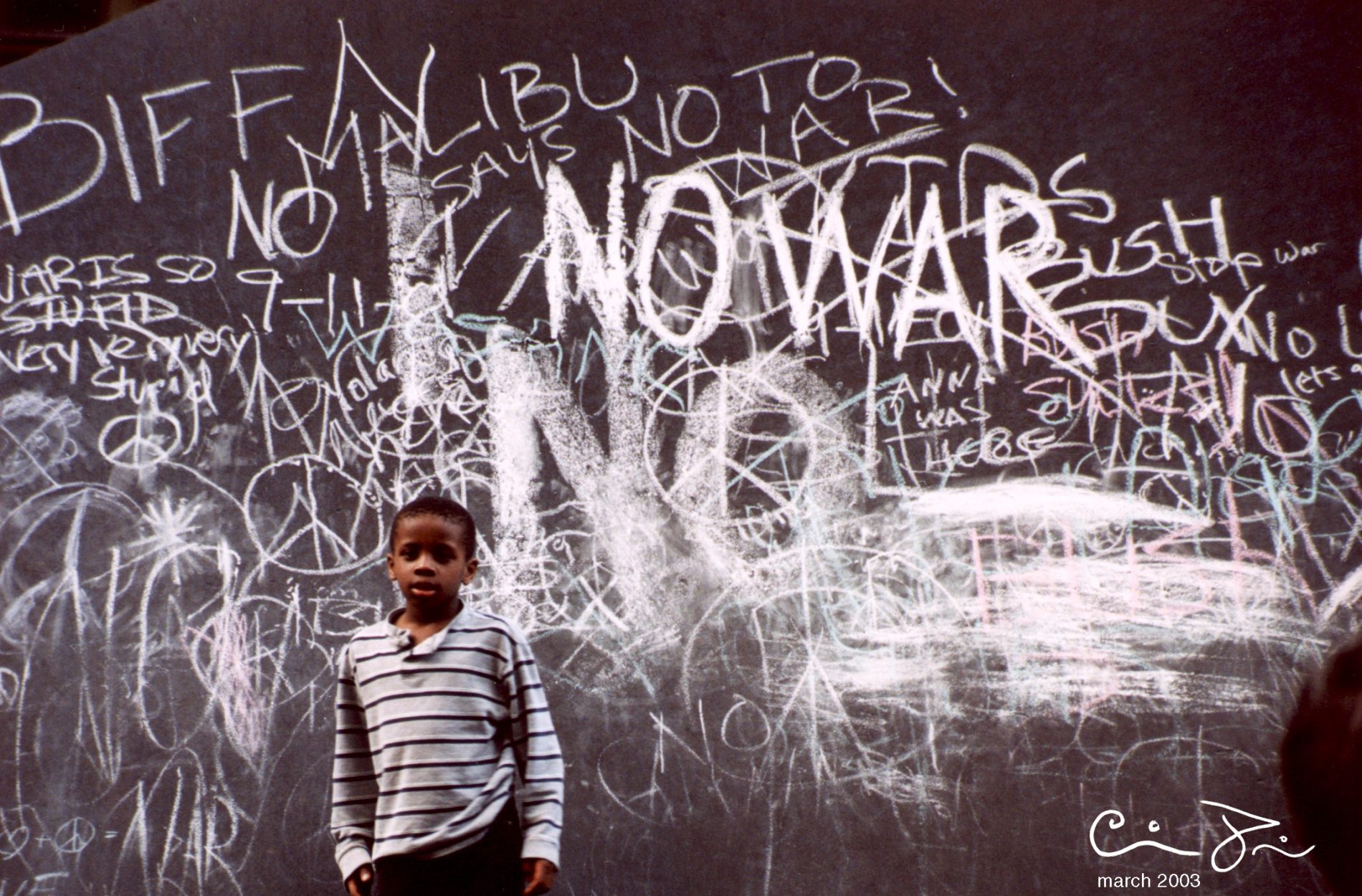Sometimes, in battles for justice, the humanity of people being fought for is lost.
Even when campaigners have the best of intentions, the campaigns themselves can overshadow the voices of those suffering most; reducing them to simplistic versions of themselves, with all complexity erased to fit a wider narrative of one idea versus another. This week’s edition of Lacuna attempts to bring to the forefront lost voices across three markedly different political struggles.
In “Two flights: the deportation game” Luke de Noronha interviews Chris, a young man deported to Jamaica who spent his formative years in the UK. Across the UK at any one time there are 3,000 foreign nationals detained in secure centres while their applications to stay in the country are processed. Some are held for months and even years while this takes place. A recent inquiry was heavily critical of the way the British Home Office runs its detention estate and last year a cross-party group of politicians called for an end to indefinite detention. There are regular protests held by students, charities and activists, sometimes even attracting celebrity support, against detaining and deporting people. And yet, despite the groundswell of public support in recent years, how much do we really know about the people experiencing this particular injustice? What happens when our campaigns fail and they are left to face the reality of detention and deportation?
Chris’s story provides a rare insight, not the sort of case you’d find heading up a charity campaign but all the more important because it challenges our ideas about the rights and wrongs of who gets to live where and why.
In “Anatomy of a Queer Arab novel” Saleem Haddad narrows in on the experience of queerness, as a political act and as sexuality, against the backdrop of the momentous protests of the Arab spring. In a frank discussion of his debut novel “Guapa”, Saleem explains the complications implicit in any attempt to unravel and re-humanise the queer Arab from within Middle Eastern societies themselves, but also from the western gaze which sees them as “helpless victims of a conservative society”. Haddad, in his novel and this piece, gives shape to an unheard voice and political experience, and makes it distinct from the familiar discourse around rights in Arab countries.
In ‘My Experience of Death Row” Warwick student Victoria Potts provides a personal account of her experience of meeting prisoners facing the death penalty in the USA. She describes how she came to realise the ordinariness of the people she might one day fight for. Her article describes the process of getting to know prisoners and considering the importance of their crimes in relation to the punishment they received.
Banner photo by Señor Codo
